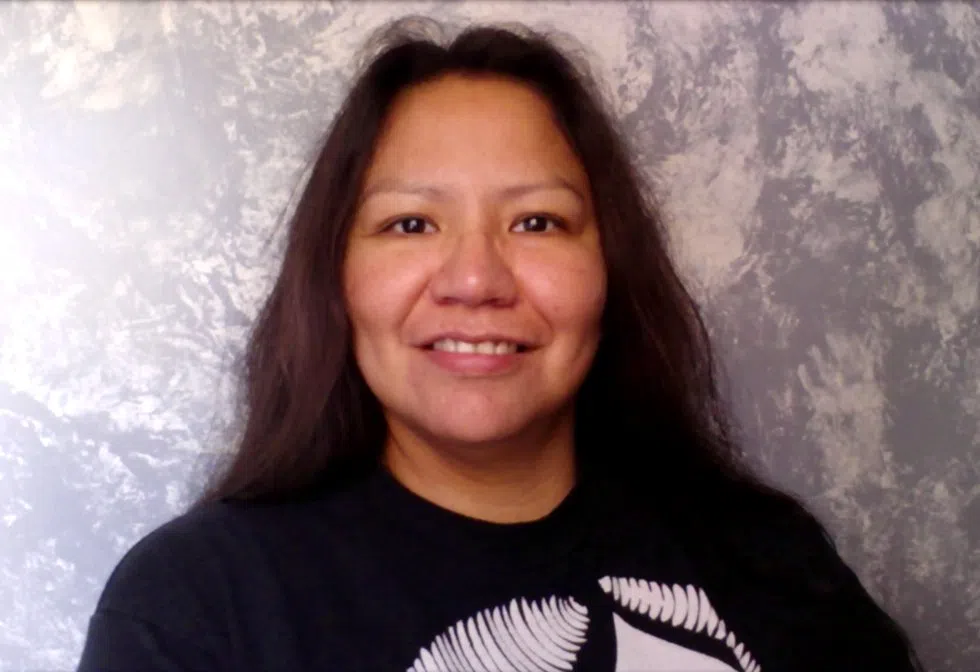
Scholarship helps student balance illness and school
This school year has been made easier for a Prince Albert student living with Crohn’s disease.
Freda Sakebow, who is working towards a masters of indigenous social work at the First Nations University of Canada, recently received a $5,000 scholarship through the AbbVie scholarship program.
The program, along with Crohn’s and Colitis Canada, helps students living with the disease by providing financial support for their education.
Sakebow said she came across the program by doing an online search and found out about receiving the scholarship through a phone call.


